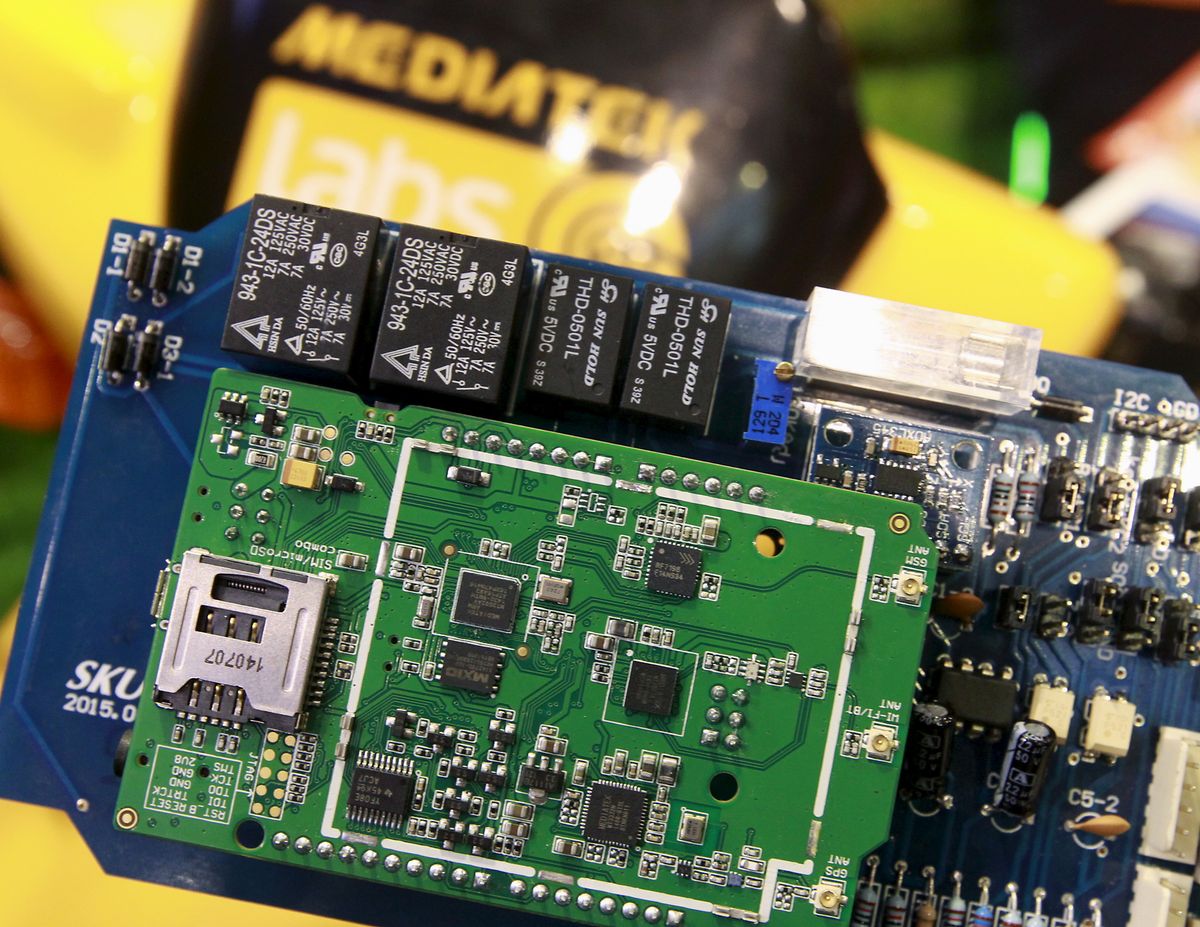The semiconductor shortage has created a major global economic problem

A few minutes every morning is all you need.
Stay up to date on the world's Headlines and Human Stories. It's fun, it's factual, it's fluff-free.
The semiconductor shortage has drawn increasing concern in the tech industry. The shortage has begun to affect the production of various products, including cars, grabbing the attention of US President Joe Biden, among others.
Semiconductor chips are electric circuits with a wide variety of components that consist of wiring and transistors formed from a semiconductor wafer. The recent shortage of semiconductors has affected the production of many electronic devices.
Because of the shortage, the lead times for many semiconductors are projected to be approximately one year. This has caused cutbacks across a number of industries, as semiconductors are used in a vast array of devices.
Industries across the spectrum have been affected, perhaps none more so than the automobile industry. Chip shortages are also expected to cause rampant scarcity in other industries, affecting everything from electronics to networking equipment to technology and networking equipment.
In the United States, the White House has reportedly pledged to address the global shortage of semiconductors. President Joe Biden is said to be considering the signing of an executive order that would set into motion a supply chain review as well as a strategy to avoid the shortage of semiconductor chips in the future.
Policymakers are now trying to come up with a plan that will alleviate many of the issues that have plagued the semiconductor industry for years.
According to recent reports, President Biden is expected to sign an executive order that will implement a 100-day review led by the National Economic Council and National Security Council focused on semiconductor manufacturing and advanced packaging, critical minerals and medical supplies.
Biden’s executive order is expected to direct several agencies to produce reports on those sectors defined as critical. According to sources, the directed agencies would have one year to write their reports.
To further rectify the issue, President Biden has called for US$37 billion from Congress to boost US semiconductor manufacturing.
The shortage is the latest problem arising from America’s reliance on a broad spectrum of manufacturing imports. With the impact the pandemic has had on the global supply chain, US-based manufacturers are finding it hard to acquire the number of multidimensional computer chips required. The shortage is so serious that it has led to a halt in production by many automobile manufacturers, including the Ford Motor Company.
Semiconductors are especially crucial because computer chips are a vital part of a majority of electrical equipment items, including the weapons used by America’s military. Being completely reliant on imported computer chips from other countries leaves US national security vulnerable to the volatility of the global market.
Taiwan is a key player in manufacturing these chips, with the Taiwan Semiconductor Manufacturing Company (TSMC) alone accounting for over half of global chip revenues.
China, which has strained ties with Taiwan, has invested US$120 billion to dominate future semiconductor manufacturing production, which could ultimately put US national security at jeopardy.
China currently controls 70% of the world’s lithium supplies and approximately 70% of the world’s graphite, placing China at an advantage over the US where semiconductors are concerned.
President Biden’s executive order addresses both the current semiconductor shortage and the raw materials used to manufacture computer chips, electric vehicle batteries and medical devices.
Although the US is home to an estimated US$6.2 trillion in mineral reserves, experts say that increasing semiconductor production must take place in parallel with a resurgence in America’s mining sector.
Consequently, America’s mineral import reliance has doubled in only two decades. Experts say that President Biden should implement changes that would ultimately bolster a substantial increase in US chip manufacturing.
According to experts, relaunching America’s computer chip industry could bring hundreds of thousands of jobs back to the US, strengthening self-sufficiency and reliability.
Have a tip or story? Get in touch with our reporters at tips@themilsource.com




Comments ()